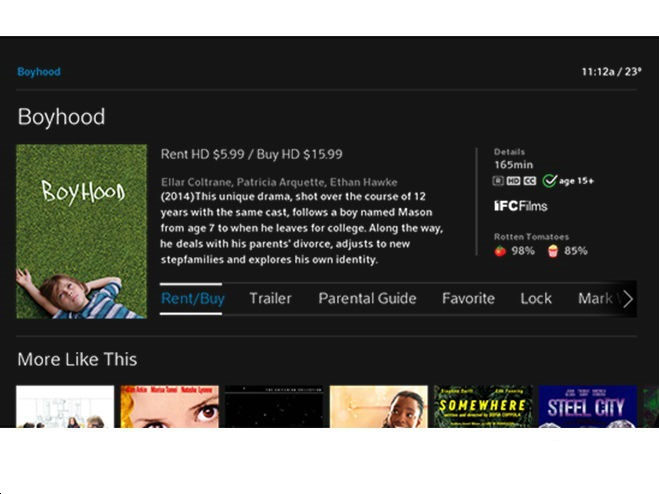Dead Comcast/TWC Deal Could Respark X1 Licensing Efforts
The smarter way to stay on top of the multichannel video marketplace. Sign up below.
You are now subscribed
Your newsletter sign-up was successful

Comcast’s decision to walk away from its proposed merger with Time Warner Cable could reignite Comcast’s interest in licensing its X1 platform to other cable operators and multichannel video programming distributors.
Comcast has talked about plans to license X1 to other operators, but those conversations appeared to quiet down significantly after Comcast and Time Warner Cable announced their merger agreement about fourteen months ago.
If that deal went through, it was expected that all of the TWC systems that were to stay with Comcast would eventually migrate to X1, enabling Comcast to drive further scale of its IP-capable, cloud-based video platform and the boxes that power it.
Instead, Comcast will have to pursue other ways to expand the reach of X1 beyond its own footprint and recoup some of the investments it has made in creating the platform. Time Warner Cable is a backer of the Reference Design Kit (RDK), the preintegrated software stack that’s present in Comcast’s X1 boxes, but TWC has also been developing its own cloud-based interface for its RDK implementation.
Cox Communications is the only operator to acknowledge publicly that it is considering X1 as it looks at a variety of paths for its ongoing next-generation “future-state” video project.
Kevin Hart, executive vice president and chief technology officer at Cox, said in an interview last week (more of the discussion with Hart will be featured in the May 5 issue of Multichannel News) that the MSO has completed a successful technical lab trial with X1. A Cox spokesman said the next step will be X1 testing with Cox employees.
“We've also made very good progress from the technical trial [with X1] and have the platform up and working properly, so that has great promise,” Hart said. “We're also looking at two or three other platforms with some other providers in the industry.”
The smarter way to stay on top of the multichannel video marketplace. Sign up below.
According to the New York Post, the Federal Communications Commission wanted Comcast to drop NBCUniversal or its X1 pursuits in order to win approval of the TWC deal.
Comcast, though, is heavily invested in X1, and has been eager to accelerate deployment of the platform as it rolls out enhancements and new features on a regular basis. Last week, for example, Comcast introduced a version of the Xfinity TV app for the X1 service that runs on the new Apple Watch.
On the deployment end, Comcast has begun to lower the “upgrade fee” for X1 in markets such as Philadelphia, Jersey and Connecticut. Depending on the area, the original upgrade fee for X1 has been in the range of $49.99 to $99, but has recently been seen as low as $19.99. Lowering those fees would reduce some of the financial friction as Comcast looks to more rapidly migrate Comcast subs from its legacy video platform to X1.
Comcast has not announced how many of its 22.38 million video customers are on X1, but did say in October 2014 that it had deployed more than 5 million boxes, and, before that, indicated that it is shipping about 20,000 X1 boxes per day. Based on that rate, Comcast should now have about 9 million X1 boxes deployed.
